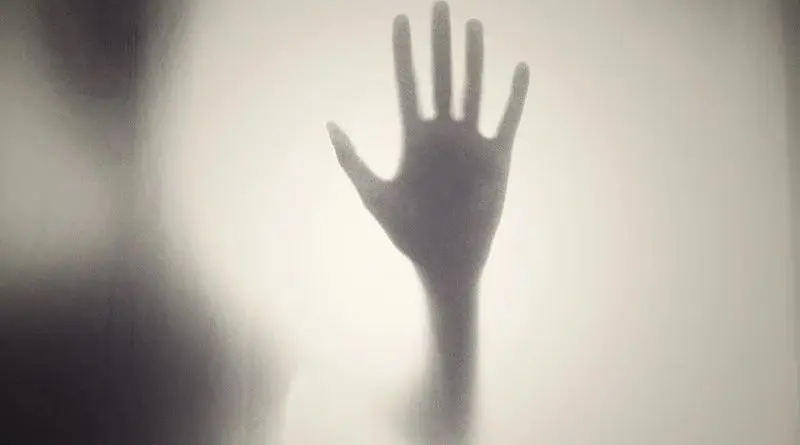Frightening Phenomena In New Russian Horror Films Are Aspects Of Russian Life – OpEd
By Paul Goble
The last several years have seen a dramatic shift in Russian filmmaking. Ever more Moscow directors are making horror movies but horror movies with a twist: ones not designed to frighten by the sudden appearance of the supernatural but rather to disturb and cause reflection because the horrors in them are features of everyday Russian life.
That is the judgment of a Russian journalist writing under the pseudonym Matvey Pirogov. He notes that the horror in new Russian horror films comes precisely because it is not something supernatural but rather parts of Russian life as those viewing the films will recognize (russian.eurasianet.org/что-новые-российские-хоррор-фильмы-говорят-об-обществе-и-обществу).
Sometimes there is a supernatural element, but it is not central, the journalist says. Rather it is used in these films to focus attention on issues of concern to people living in the Russian Federation, issues that in some cases can’t be approached directly without landing those who try in difficulty with the authorities.
To make his point, he focuses on three recent films in which the real horrors are not something outside of Russian life that frighten when they are seen but are dispelled as soon as the viewer leaves the theater but rather parts of Russian life that no one can escape from. In short, the real horrors are found within that life rather than outside it, Pirogov says.
The first of the three films he discusses is Kostas Marsan’s Icchi, a film that has attracted international attention for its depiction of the traditional people of Sakha who are attached to their way of life, their land, and their beliefs and who are now in conflict with insensitive, even loutish Russians from the outside.
The real horrors in the film are not something supernatural but a Russian woman from the city who keeps trying to use her cellphone in the countryside even though there is no network coverage and her son who only wants to exploit the people so that he can make money and move on.
All of this is presented as a conflict in which spirits defending the traditional Sakha are mentioned, but no one who sees the film, Pirogov says, will fail to recognize that what this is about is the horror of Russian colonialism in the eyes of its victims. Casting all this in the form of a horror film is precisely the way to deliver that message.
The second film is actually a television series, Topi, which again pits a group of urban Russians who go into the Russian north in search of a place where they think all their questions will be answered. Spirits are mentioned. But the real story again is between urban Russians who this time are in conflict with the land itself.
They want only to take its wealth and don’t care what is left. The peoples of the North they encounter want to defend their ways of life, a completely justifiable position no matter how strange these ways appear to outsiders because their lives are organic while those of the city people aren’t.
And the third serial, Vampires of the Middle Lane, continues this approach. It is based on the idea that a group of vampires settles in a Russian city, but instead of the vampires being the horrors, the people they encounter are. As a result, the film’s viewers are led to identify with the vampires, however awful they may be, and to see those the vampires deal with as the enemy.
These films are typical of what has become an entire trend in filmmaking in Russia, Pirogov says, one that seems driven by the desire of directors to force viewers to ask questions about their own society rather than simply react with horror to some supernatural device as is typically the case in Western horror movies.
Moreover, any mysticism that remains in these films is presented not as something extraneous to the human condition but as “something deep and eternal, Problems and conflicts can be on the surface,” Pirogov suggests, “but their roots go deep” into the lives of Russians and suggest a truly frightening thought.
In Western horror films, the horror ends when viewers leave the theater or turn off their televisions; but in Russia, “in the final analysis, there is no exit.” These films and others like it are capturing that existential angst far better than more realistic movies which claim to be focusing on social issues.

